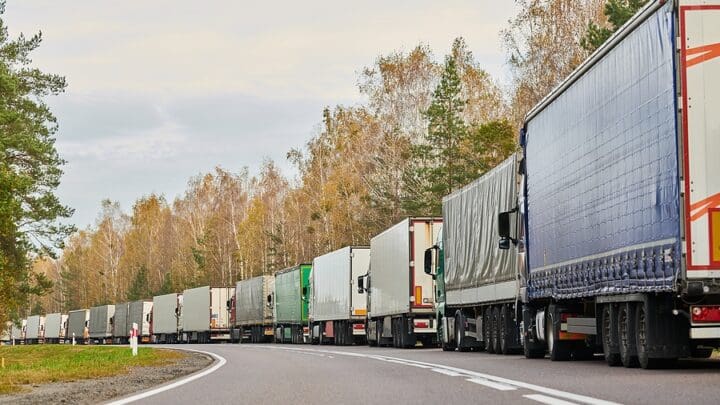
News
New Entry/Exit System set to come into force
The implementation of the EU’s long-awaited Entry/Exit System (EES) comes into force on October 12.
Business group Logistics UK says it is essential the EU sticks to its promise of a phased roll out, to ensure there are no delays and disruption for freight traffic at the Short Straits crossings between the UK and France.
Under EES, the EU’s new border processes will automatically register non-EU citizens as they cross the borders of the 29 European countries in the Schengen area.
On the first visit, travellers will need to create a digital record by submitting biometric details. The EES only applies within the Schengen area which means the Republic of Ireland and Cyprus are not impacted by the new requirements and EES is not applicable when travelling to either of these countries.
“It is essential that the new border systems are implemented gradually to keep traffic flowing and trade moving,” commented Logistics UK Policy Manager – Trade, Customs and Borders Josh Fenton.
“Almost 60% of UK-EU trade in goods travels via the Short Straits, which equates to thousands of vehicles every day. The additional time required for passengers to register biometric details when they leave the UK has the potential to cause knock on delays for freight traffic and disrupt the UK’s supply chain.
“The new EES system will automatically log time spent within the Schengen area, so it is essential that drivers comply with the current legal requirement of only spending 90 of the previous 180 days in the Schengen area. It is important to remember that both personal travel and commercial work contribute to the 90 days – personal holidays count towards the total. As the new system will automatically detect overstayers, drivers and operators need to ensure they remain compliant.”
Logistics UK is one of the UK’s biggest business groups, representing logistics businesses which are vital to keeping the UK trading, and more than seven million people directly employed in the making, selling and moving of goods.
With decarbonisation, Brexit, new technology and other disruptive forces driving change in the way goods move across borders and through the supply chain, logistics has never been more important to UK plc.

